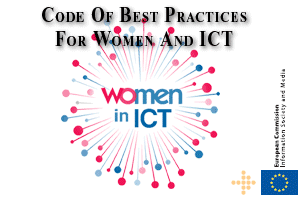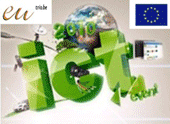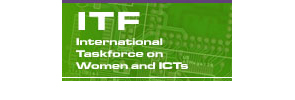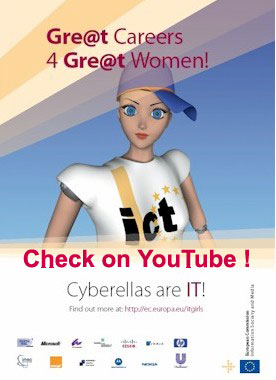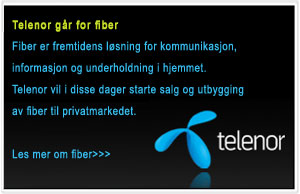
| Official news | | | | | Collected from GWTnet | Calendar | Mapping | Questionnaire | Questionnaire statistic | Registration | ECWT Newsletters |
 |
 |
|
Challenge The ICT sector is a key contributor to EU growth. It contributes 5.3% of EU's GDP and 4% of its jobs. It also accounts for 20% of economy-wide labour productivity growth. Despite the burst of the internet bubble in 2001, the ICT sector continues to achieve above-average growth and is still the EU’s most innovative and research-intensive sector, accounting for 25% of the total EU research effort in the business sector. And the demand for qualified people, who are able to design, create, apply and use information technology, is not limited to the ICT industry itself, but cuts across other areas such as manufacturing and services, transportation, health care, education and government. However, less and less young people, particularly women, take up ICT-related subjects or pursue an ICT career. Without the necessary number of well-skilled employees the sector will not remain competitive. Several ICT companies have already reported a skills gap, meaning they cannot find the people with the right education and training needed for the companies to improve and grow – or even to maintain current activities. Recent reports highlight that by the year 2015 there will be a shortage of around 300,000 qualified staff in ICT areas in the European Union. Surveys also confirm that in regard to education and workforce, entrepreneurship as well as leadership women's recruitment, retention, share, participation and advancement remains very low in engineering, computer science and the ICT sector.
ECWT's response to the challenge The mission of the European Centre for Women and Technology (ECWT) is to ensure - based on a multi-stakeholder partnership (MSP) of representatives from the business sector, government, the academia and the non-profit sector - a major break-through and a measurable and significant European increase in the participation of women in education, entrepreneurship, employment and leadership in ICT and related sectors until the year 2015. ECWT functions as the European Regional Point of Contact, the first of the Ten Regional Centres presently being established around the world, which together constitute Global Women and Technology (GWT). ECWT adopts the core values set down in 2005 by the International Taskforce for Women and ICTs (ITF) in the Declaration of Agreement in support of Girls and Women in Information and Communication Technology and embraces the Millennium Goals and UN GAID principles for guiding the actions and behaviour of ECWT Members. The activities of the European Centre for Women and Technology are based on a holistic approach and the customized Global Framework of the International Taskforce on Women and ICTs (ITF) and involve the use of Five key tools:
In four focus areas:
1. Policy and actions The ECWT is going to cooperate and work together with governments, businesses, academia, civil society, and non-government organizations to leverage resources, research and progress, build awareness, and promote programmes to remove the barriers that currently restrict girls’ and women’s access to and use of information and communication technologies (ICTs), impede their technology literacy, and discourage them from studying ICT and entering this field of the labour market. The ECWT will ensure that women’s creativity, perspective and experiences in the ICT and related sectors are taken care of and reflected in the knowledge based society. 2. Research and impact metrics With the use of research, benchmarking and monitoring on a European and national level the EWCT will encourage the mainstreaming of gender in data collection, statistics and indicators for the knowledge society so that gender issues can be taken into account in policy and action. 3. Resource and service development The ECWT will offer a common transparent IT stakeholder platform for key stakeholders in Women and Technology in wider Europe with
Support in the recruitment of women in IT and related sectors
Information
Scientific communication
Support to EU Member States and acceding countries
4. Dissemination and communication The ECWT will function as a Regional Point of Contact in the field of dissemination and communication in the Women and Technology issue. The ECWT will utilize the unique role media play in shaping the culture and public opinion and people’s every day lives. The ECWT will utilize the advantages of the changing Digital World with
5. Context and culture The ECWT is concerned about:
The ECWT is therefore instead of a single action plan developing multiple models that are both broad and flexible to allow for modifications and suit national and cultural requirements.
|




